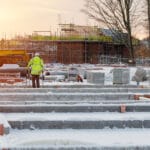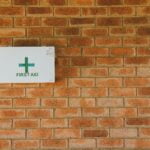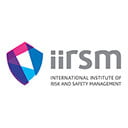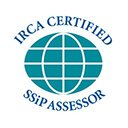Does diesel need to be included in a DSEAR risk assessment?
Yes it does. Diesel was reclassified as a ‘flammable liquid’ in 2008 and again in 2016 to bring it within the scope of DSEAR. If your business handles diesel, please contact us for a DSEAR Risk Assessment.
What happens during a DSEAR Risk Assessment?
A DSEAR Assessment from our experienced specialist consultant includes the following:
- A Site visit, including time spent with key members of the team to discuss existing processes, procedures and protocols, followed by investigation via a full site walkaround. All aspects of work need to be considered as part of this process to ensure that the implementation of DSEAR is thorough and effective.
- Samples may be taken of potentially explosive materials, and COSHH records examined. Dangerous substances are considered to include flammable liquids in any form, flammable fumes and vapours, and any non-inert dusts suspended or transferred in the air (eg, in blending processes or LEV).
- A review of any potentially explosive atmospheres includes investigating the presence of gas, mist, dust or vapour which has the potential to catch fire or explode. The atmosphere within a confined space is also a particular cause of concern.
- Full risk assessment, action plan and Hazardous Area Classification – this is one of the most important parts of any DSEAR Assessment is the establishment of ATEX zones. We will assist with zoning plans for both gases and vapours and for dusts.
- Consultation and support on implementation – It is important that a bespoke approach is taken to your site and activities. We offer ongoing support, including training, awareness and support with written procedures.
What does ATEX mean, and how does the process apply?
The ATEX directive refers to two European Directives for controlling explosive atmospheres. The requirement for understanding ATEX and ensuring the proper control measures are put into place is all part of a thorough DSEAR Assessment.
The prevention or control of the release of dangerous substances or sources of ignition is two of the most commonly used methods of reducing risk. An assessment of the correct equipment to be used in the appropriately zoned area of your business will also assist with your control measures. For more information on ATEX zoning and the DSEAR Assessment process, contact us today.
How do I book or find out more information?
To find out more information or to get a no obligations quote, call our Compliance Team on 01427 420 404 or email a compliance@skaltd.co.uk.




































